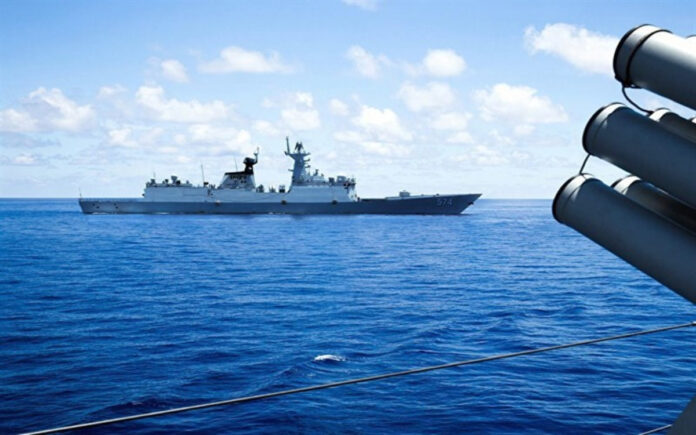Taipei: Taiwan’s defence ministry reported on Sunday an uptick in Chinese military operations, having detected 35 Chinese military aircraft, including fighters and bombers, heading south towards the island en route to exercises in the Pacific. This marks the second consecutive day of reported military activities.
China regards Taiwan, a self-governed democracy, as part of its territory, often dispatching military forces to the skies and waters surrounding the island to assert its sovereignty claims. The Chinese defence ministry did not respond to a request for comments regarding these recent military missions, which come just days before the U.S. presidential election on Tuesday.
Under U.S. law, the United States is obligated to provide Taiwan with the necessary means for self-defense. This commitment has fueled tensions with Beijing, especially following recent arms sales to Taipei, including a $2 billion missile system announced last month.
From 9 a.m. (0100 GMT) on Sunday, Taiwan’s defence ministry recorded a total of 37 Chinese military aircraft in the region, which included J-16 fighters, nuclear-capable H-6 bombers, and drones. Of these, 35 aircraft proceeded to Taiwan’s southwest, south, and southeast towards the Western Pacific for long-range training exercises. In response, Taiwan dispatched its own forces to monitor the situation.
Also Read | Oil Output Hike Delayed: OPEC+ Responds to Global Demand Concerns
On Saturday, Taiwan’s defence ministry also reported that China had conducted another “joint combat readiness patrol” involving both warships and aircraft near its territory. Last month, Beijing conducted extensive military drills around Taiwan, which it described as a warning against “separatist acts”, provoking condemnation from both Taiwanese and U.S. officials.
Also Read | Volkswagen’s Cost-Cutting Strategy: A Necessary Step After Years of Structural Challenges
Relations are further strained by Taiwan President Lai Ching-te’s administration, which Beijing labels as “separatist”. Lai has emphasized that only the people of Taiwan can determine their future, extending offers for dialogue with Beijing, which have been consistently rejected.



